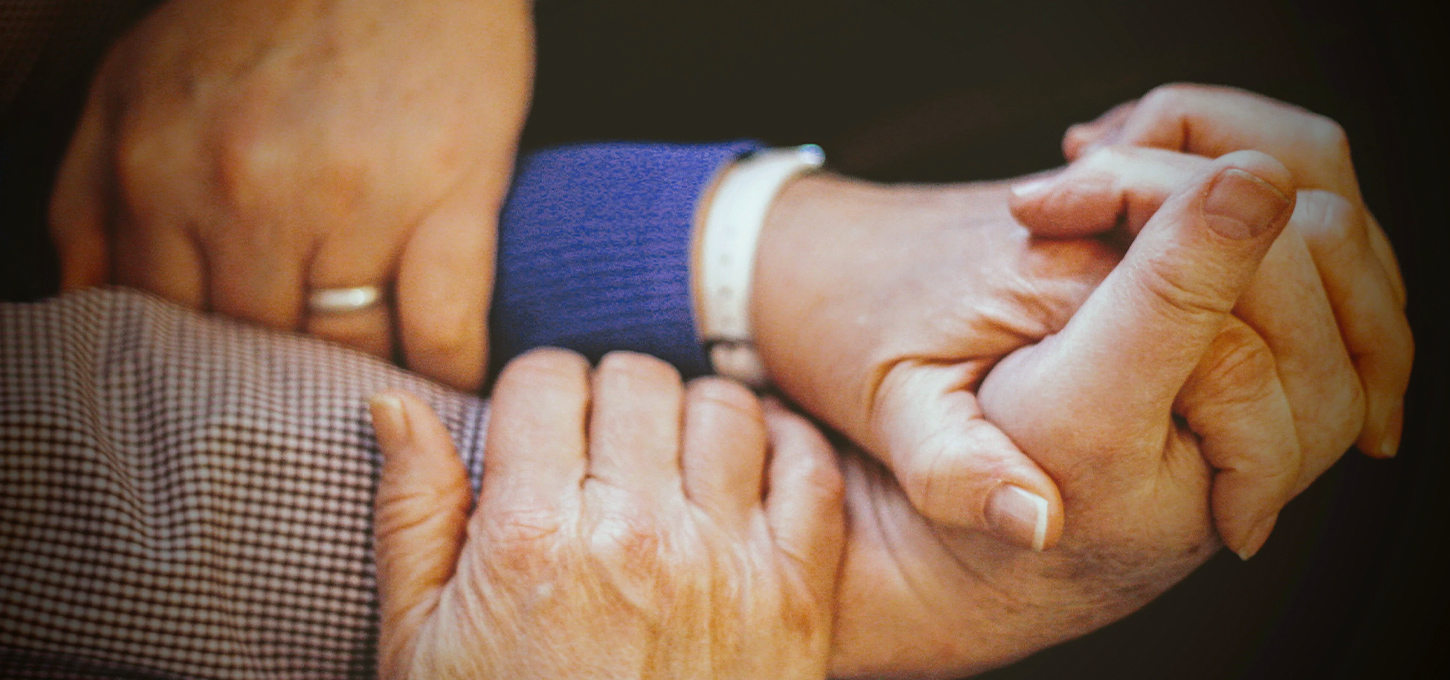

Lili Stadler
Whenever prompted with the topic of sexuality and gender identification, I had never thought twice. I would simply brush off the subject since I had always been confident in who I was and who I felt that I was: a girl. I always thought that was a confusing conversation topic, thinking that there was not much to discuss. More clearly said, sexuality was always something simple to me. When preparing for the conversation of gender and sexuality with Dr. Joy Ladin and my peers of the Strong Women Fellowship, I did not believe my thoughts would change. But, seeing different perspectives and hearing the struggles and stories of my peers completely altered what being a “man” or “women” could be.
When you look up the word “woman” in the dictionary, you will find the definition, “an adult human female” or “a wife, girlfriend, or lover”, plus other varieties of that nature. But, I have realized that the dictionary definition of this word barely scratches the surface of what being a woman actually means.
 When finishing her empowering story of bravery and transition, Dr. Joy Ladin prompted me and my peers with a question: “What was your experience of growing up as a girl?” To my surprise, the majority of responses to the question, including mine, were negative. We discussed in our conversation the topics that us, as teenage girls in the modern world, face, most of which were feelings of adversity and fear. A few examples included memories of my peers’ parents telling them to change because they were “showing too much”, them getting dress code violations for their bra straps and thighs showing, and their constant fear of slut shaming.
When finishing her empowering story of bravery and transition, Dr. Joy Ladin prompted me and my peers with a question: “What was your experience of growing up as a girl?” To my surprise, the majority of responses to the question, including mine, were negative. We discussed in our conversation the topics that us, as teenage girls in the modern world, face, most of which were feelings of adversity and fear. A few examples included memories of my peers’ parents telling them to change because they were “showing too much”, them getting dress code violations for their bra straps and thighs showing, and their constant fear of slut shaming.
“What was your experience growing up as a girl?”
To my surprise, the majority of responses to the question, including mine, were negative.
Hearing these things, at first, made me feel comforted that I was not the only one who had gone through these things. But, after a while of discussion, I realized how negative this conversation was. I knew we all love being women, but the growing sense of negativity made me feel unsettled. From here, the conversation unintentionally turned into one about what it means to be a woman.
 Joy started off this conversation with the topic of gender versus sexuality. She explained to us that these two things do not need to go hand in hand, nor do they have the same connotation to every individual. Once again, this was something I had never thought about before, so my mindset was transformed. I realized that all of those negative memories of growing up a girl made up who we had become. With further discussion, I was inspired that gender and sexuality are not as simple as I thought, and that two people with totally different experiences of being a women could still be defined as one.
Joy started off this conversation with the topic of gender versus sexuality. She explained to us that these two things do not need to go hand in hand, nor do they have the same connotation to every individual. Once again, this was something I had never thought about before, so my mindset was transformed. I realized that all of those negative memories of growing up a girl made up who we had become. With further discussion, I was inspired that gender and sexuality are not as simple as I thought, and that two people with totally different experiences of being a women could still be defined as one.
We should not be defined by who we are categorized to be, but who we feel we are.
The beauty of the hardships of growing up in fear and shame is that we learn to overcome it and hopefully become who we feel we are inside. The story of Dr. Ladin, although completely unique to the stories of everyone participating in the conversation, led us to the conclusion that being a woman and growing up as a woman can be defined in an infinite amount of ways. We should not be defined by who we are categorized to be, but who we feel we are. •






 As I went to sit down and join in on the conversation I greeted everyone with a warm smile and a friendly greeting. Upon getting to know the girls and hearing their stories I realized I could relate to them on many levels. Then once we did the activity where we all listed things we have in common i realized there were a lot more things I hadn’t realized, like that we all didn’t like school and all loved pizza and Chris Hemsworth.
As I went to sit down and join in on the conversation I greeted everyone with a warm smile and a friendly greeting. Upon getting to know the girls and hearing their stories I realized I could relate to them on many levels. Then once we did the activity where we all listed things we have in common i realized there were a lot more things I hadn’t realized, like that we all didn’t like school and all loved pizza and Chris Hemsworth.
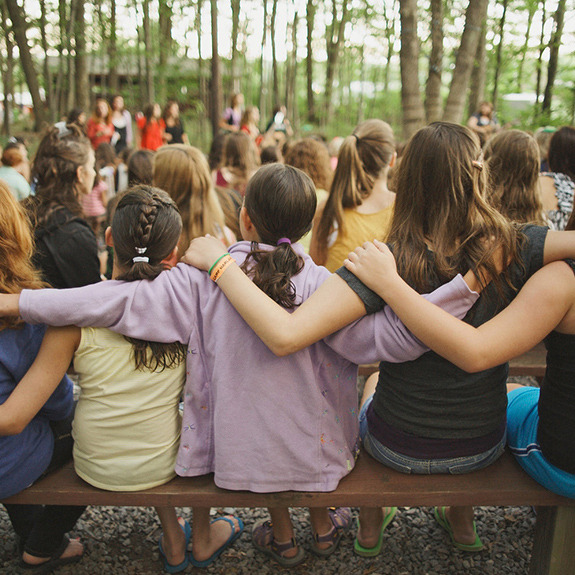


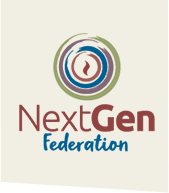

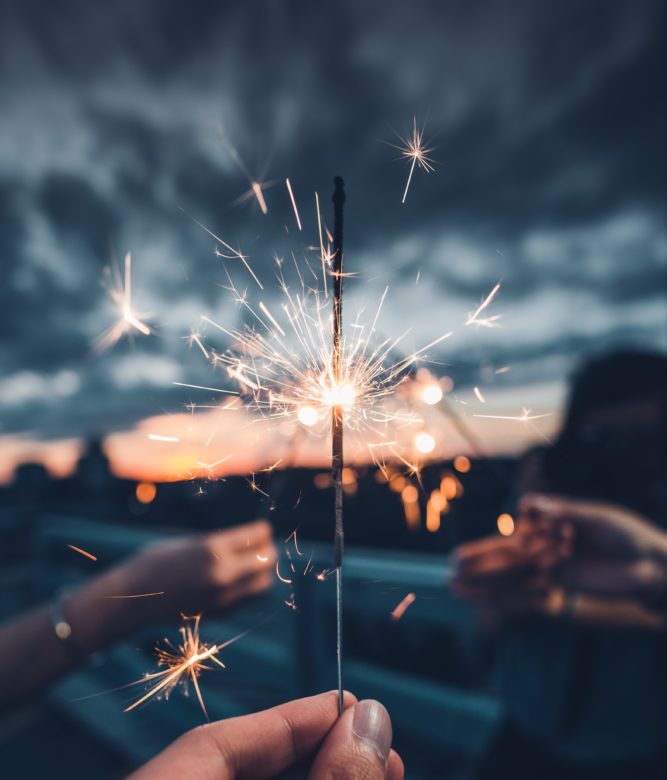
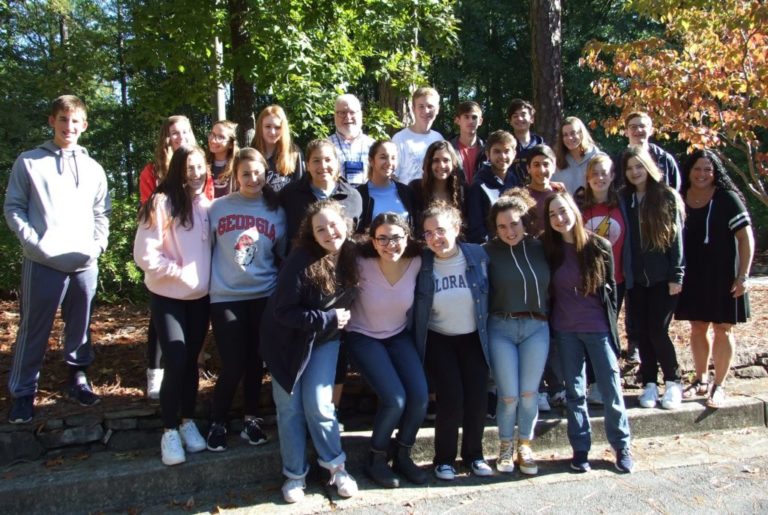


 After talking to Emma about her life, book, and favorite Netflix shows, we got to have our own intimate conversation about being heard in society as young, Jewish women. During our conversation, I learned that I share a lot of common ground with the other fellows and feel even more connected to them now.
After talking to Emma about her life, book, and favorite Netflix shows, we got to have our own intimate conversation about being heard in society as young, Jewish women. During our conversation, I learned that I share a lot of common ground with the other fellows and feel even more connected to them now.
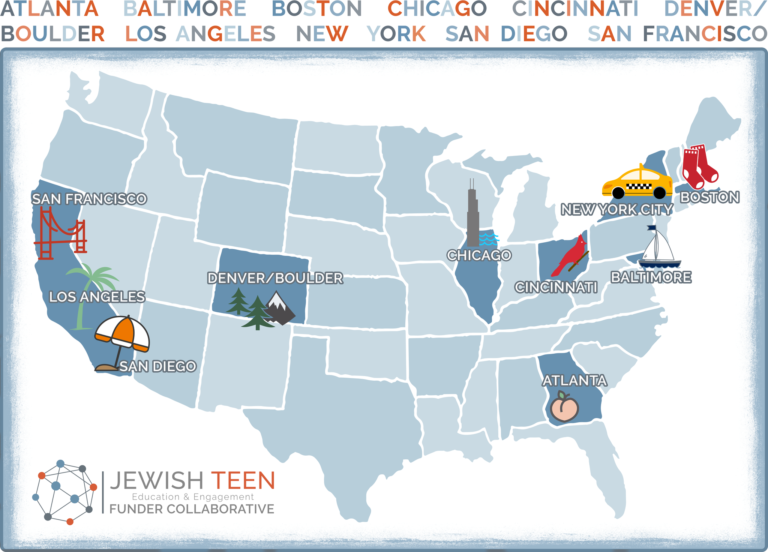
 The Funder Collaborative and its communities look to answer this question every day. They come together—virtually and in person—to share lessons learned with each other and to identify the most relevant lessons to share with others. Recently, 20 implementers and professional development professionals came together in Austin, TX for three days. They wanted to learn directly from that dynamic city, a hotbed of creativity and entrepreneurship. Participants had a private workshop with the founder of Storybar to learn what makes a great story and to learn how they can integrate storytelling into their work. The Collaborative also met with Shalom Austin to hear about Jewish life in Austin and to share highlights about the experiences of the ten communities, so that their learnings go beyond the Collaborative.
The Funder Collaborative and its communities look to answer this question every day. They come together—virtually and in person—to share lessons learned with each other and to identify the most relevant lessons to share with others. Recently, 20 implementers and professional development professionals came together in Austin, TX for three days. They wanted to learn directly from that dynamic city, a hotbed of creativity and entrepreneurship. Participants had a private workshop with the founder of Storybar to learn what makes a great story and to learn how they can integrate storytelling into their work. The Collaborative also met with Shalom Austin to hear about Jewish life in Austin and to share highlights about the experiences of the ten communities, so that their learnings go beyond the Collaborative.

